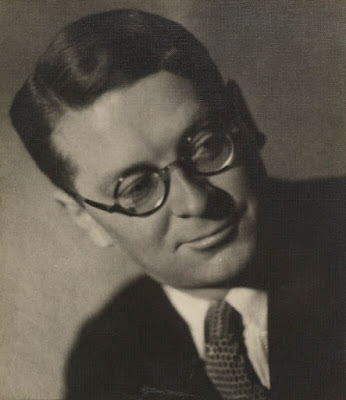Catching Up

I see I haven't published a post here since the end of March. An uncharacteristic silence, even in these days of more limited blogging. Mostly, this has been because I've been busy with a bunch of other things (including another blog), but I've also reached one of those periodic stages (for me, every 5-10 years, it seems) where I re-evaluate what I'm writing, who I'm writing for, the purpose of putting words out there in the world.
One of the things I've been thinking about recently is how much I miss the old days of blogging, the early 2000s. Not that I miss any particular thing I wrote — I think the vast majority of what sits in the archives of this blog is not worth revisiting — but rather the energy and community, even the naivety. It's not something that can be repeated; I am not what I was, technology has changed significantly, the world is different. But I feel a tinge of nostalgia occasionally for the youthful hope and for a certain innocently arro…
One of the things I've been thinking about recently is how much I miss the old days of blogging, the early 2000s. Not that I miss any particular thing I wrote — I think the vast majority of what sits in the archives of this blog is not worth revisiting — but rather the energy and community, even the naivety. It's not something that can be repeated; I am not what I was, technology has changed significantly, the world is different. But I feel a tinge of nostalgia occasionally for the youthful hope and for a certain innocently arro…







